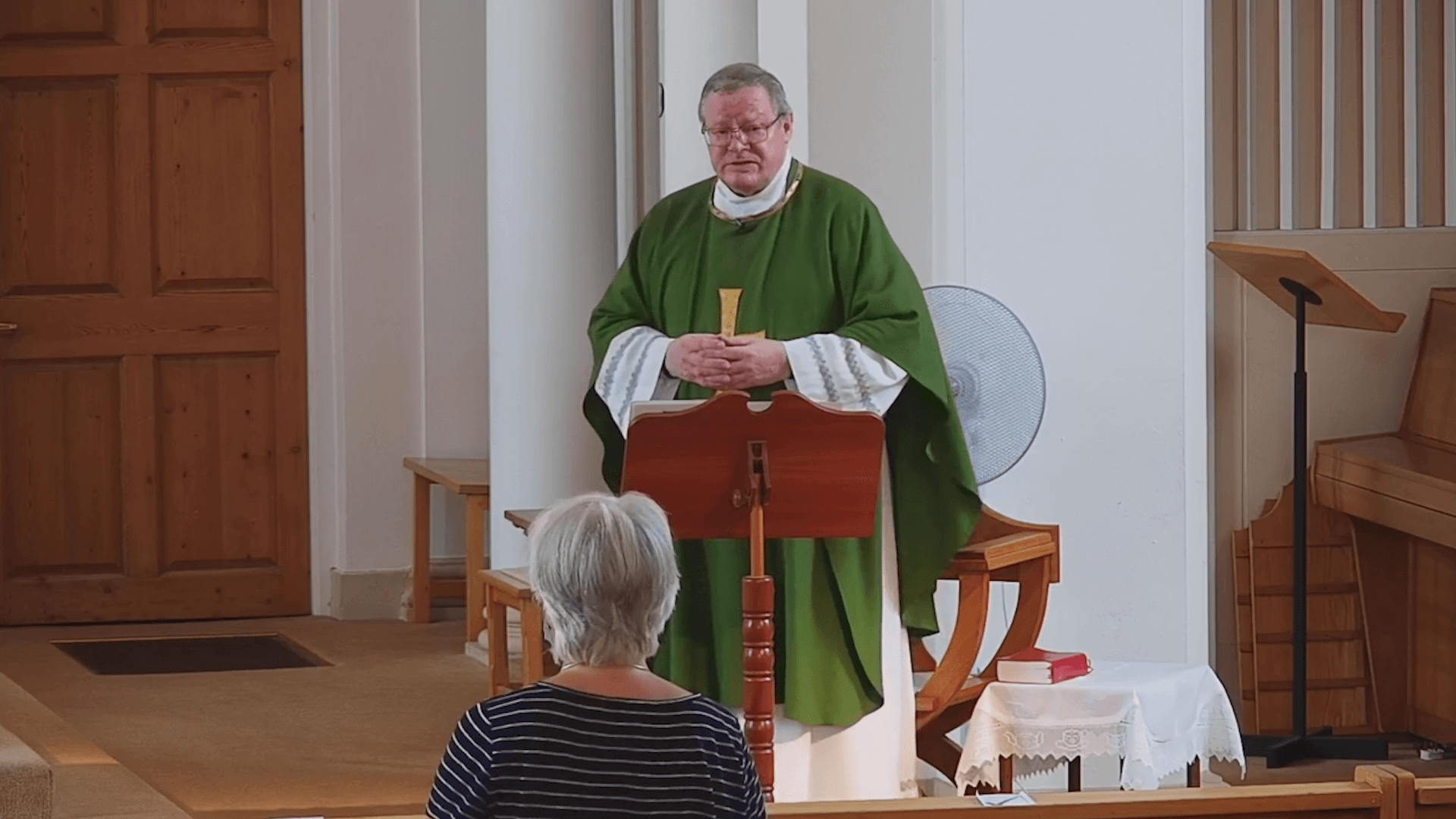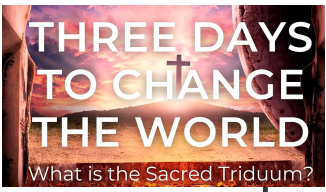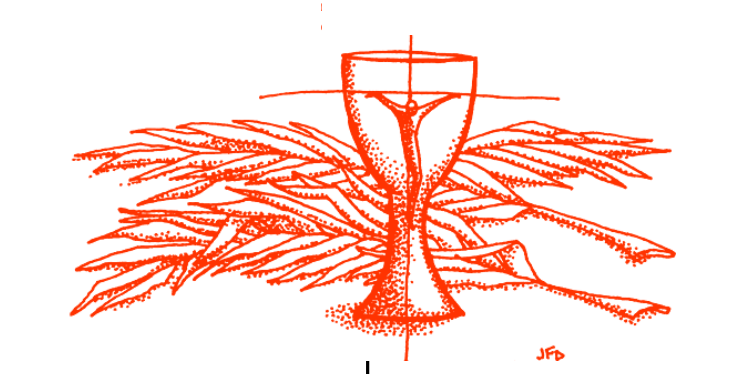Abundant Life . . .(Fourth Sunday of Easter Year A)
Today’s reading emphasizes that Jesus is the Good Shepherd and the gate for the sheep. For Jesus’ listeners - farmers and others steeped in an agricultural lifestyle - the metaphor was comforting. To us in the 21st century, many of whom have had little, if any, experience with sheep, the metaphor is probably less powerful. The last line becomes especially important, then. “I came so that they might have life and have it more abundantly.” Whether or not we can imagine ourselves as sheep following Jesus, we can focus on his statement that he wants us to enjoy abundant life.
What does it mean to have abundant life? It doesn’t mean that God wants us to have an abundance of “things,” which can’t bring fulfilment by themselves. Abundant life as Jesus preached about it means a life of joy, fulfilment, love, and freedom from want. Jesus wants us to have life in its fullness, here and now, not just after we die. Unfortunately, some of us were raised to believe that a life of discipleship dooms us to a life of deprivation, boredom, and no fun. We might think, consciously or not, that we deserve punishment or that we must work to earn God’s love. Or we might assume that we just have to accept this life of drudgery to get to heaven (abundance) in the next life. Yet so many of Jesus’ teachings and his behaviour pointed to the fact that he wants us to have the fullness of life now, not only in the future. He wanted to see people cured of their illnesses, freed from the injustices that kept the poor and the outcasts excluded from the community. He wanted people to celebrate rather than mourn.
If we listen for Jesus’ voice, we can distinguish it from the voice of others in our world because Jesus’ voice will lead to a more abundant life for us. If some voice (of a family member, peer, advertising, etc.) leaves us feeling insecure, inadequate, fearful, or anxious, that is not the voice of our shepherd. Jesus’ voice always leads to a more profound peace, joy, comfort, and strength.
Questions of the week
Share about a time when you have followed an invitation that you felt was from Jesus. How did you know the “voice” was from God?
Describe a time when you went astray by following another shepherd who didn’t care for you as a good shepherd cares for his sheep How did you realize you went astray? How did you find your way back to God’s path for you?









